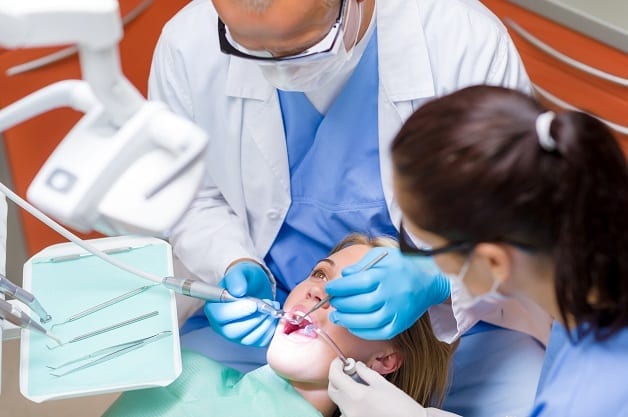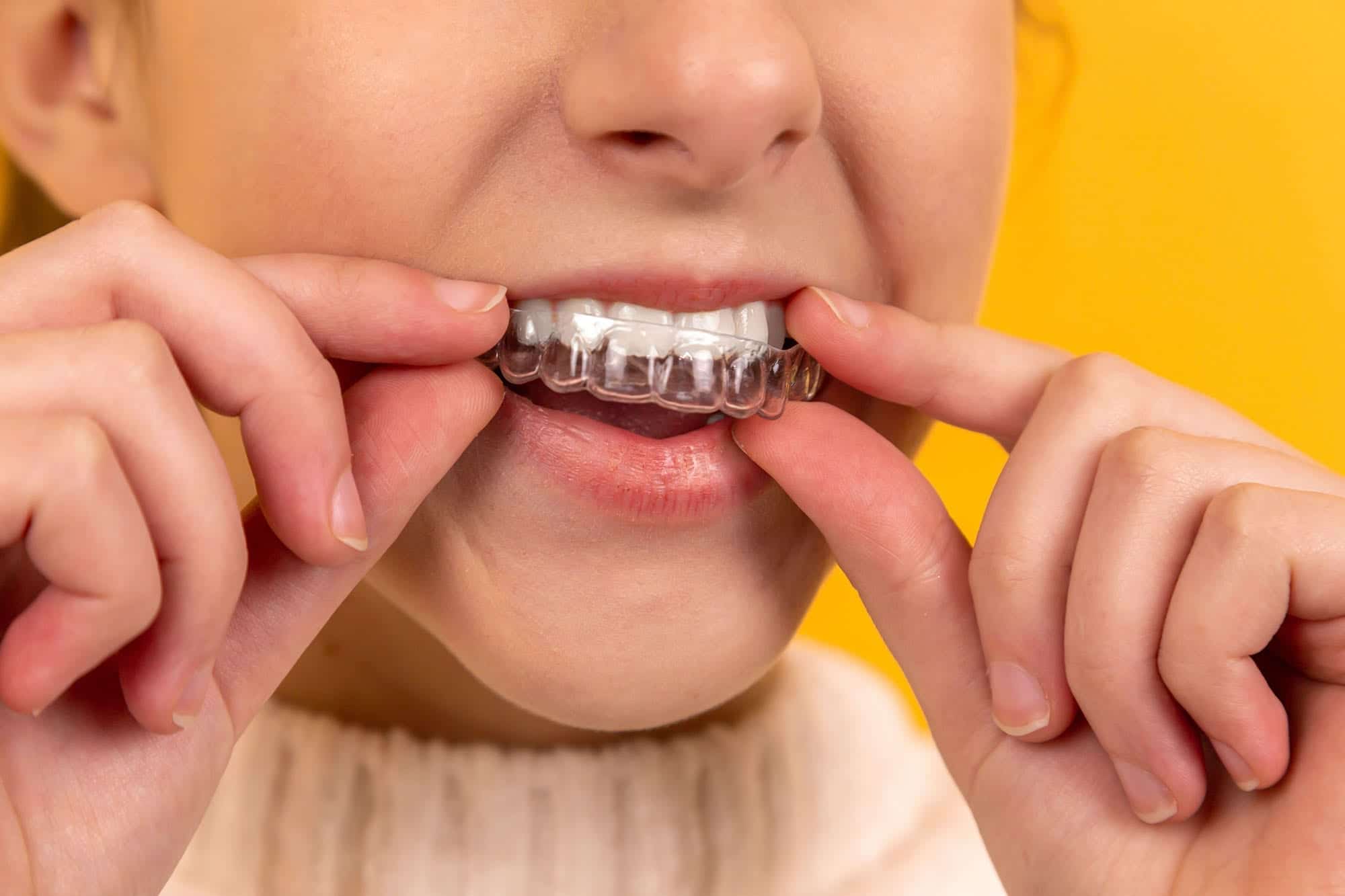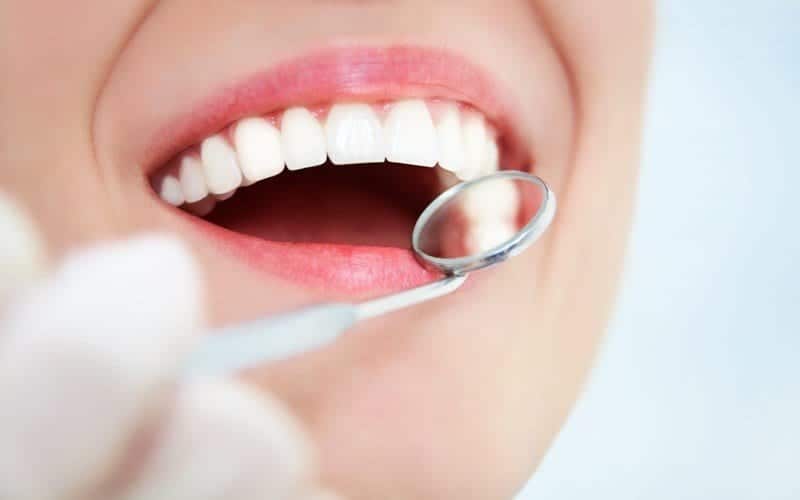When you brush your teeth, then spit out the rinsed out the toothpaste residue, do you end up with blood on your sink? Then you might be suffering from bleeding gums. A little bit of bleeding while brushing or flossing is normal (especially if you’ve neglected to do so for a couple of days), but you should be alarmed if it becomes excessive.
Bleeding gums shouldn’t be ignored. It could be a symptom of any number of dental problems, including periodontal disease or gum disease. You could also end up with bleeding gums thanks to oral injuries or teeth/gum infections. Don’t let the lack of pain fool you into thinking it’s no big deal.
Catch and Reverse Gum Disease
You should be aware of the other symptoms of gum disease (like gingivitis) so that when your gums start bleeding, you can catch the disease early by knowing its other indications or signs. Don’t wait until your gums become painful before doing something about your bleeding gums.
By catching gum disease early, you can possibly reverse it through gum disease treatment (like in the case of many diseases). Bleeding gums are one of the first signs of gum issues and sicknesses. You should be especially alarmed if that bleeding is accompanied by:
- Tooth sensitivity
- Bad breath
- Tenderness
- Swollen gums
- Receding gums
Causes of Bleeding Gums
While bleeding gums can be a signal of gum disease, there are also other potential causes for it. To be true, the presence of blood on your gums can result from the following:
- You’re brushing your teeth too hard, resulting in your toothbrush scraping your gums and making them bleed.
- You’re pregnant, resulting in hormonal changes and the possibility of you suffering from pregnancy gingivitis.
- You’re suffering from some sort of vitamin deficiency.
- You’re taking medications that can thin out your blood, so it’s easier for your gums to bleed.
- Your dentures aren’t fitting right, thus resulting in gum damage and bleeding.
- You’re dealing with disorders related to clotting or bleeding, such as hemophilia.
- You’re suffering from a non-gum-disease sickness that can cause gum bleeding, such as scurvy, leukemia, heart disease, and diabetes.
- You have mouth sores that require a bit of healing.
- You’ve been punched in the mouth or something impacted your mouth and jaw, resulting in oral trauma.
Don’t self-diagnose the reason behind your bleeding gums using this article or by referring to a site like WebMD. It’s still best to tell your doctor or dentist about your dental or medical problem so that the proper tests can be made to narrow down why it’s happening.
Bleeding Gums Treatment in a Nutshell
In order to properly treat your bleeding gum problems, your dentist or doctor needs to know what’s causing it. Based on the most common cause of bleeding gums (poor dental hygiene), your best course of action is to remove plaque, tartar, and bacteria that can cause gum disease to form and progress.
Plaque can harden into tartar, which in turn can cause all sorts of problems in your mouth like gingivitis or periodontal disease. One of the most surefire ways to rid yourself of bleeding gums is regular teeth cleaning.
No, not just brushing your teeth. You should have your teeth cleaned by a professional dentist at least every six months or twice a year. You can also remove tartar through dental debridement or root scaling, especially if you’re already suffering from periodontal disease and there are brown marks on the surface of your teeth’s roots.
Thantakit International Dental Center is Thailand’s longest established dental center. Situated in Bangkok, our clinic is renowned across the world as a destination for world-class dentistry, with most of our patients flying to us from Australia.
Please contact us today and get a FREE dental consultation.












